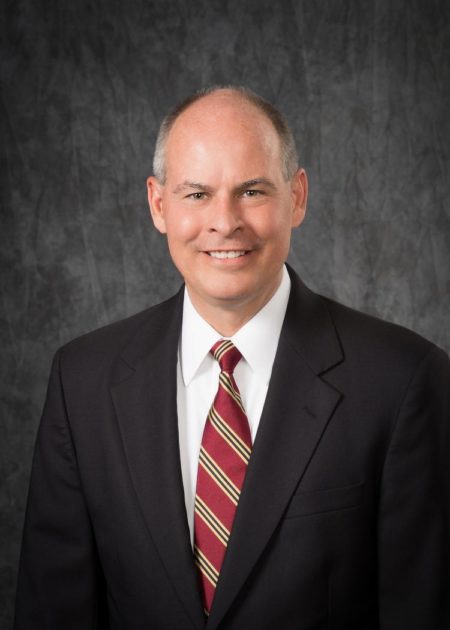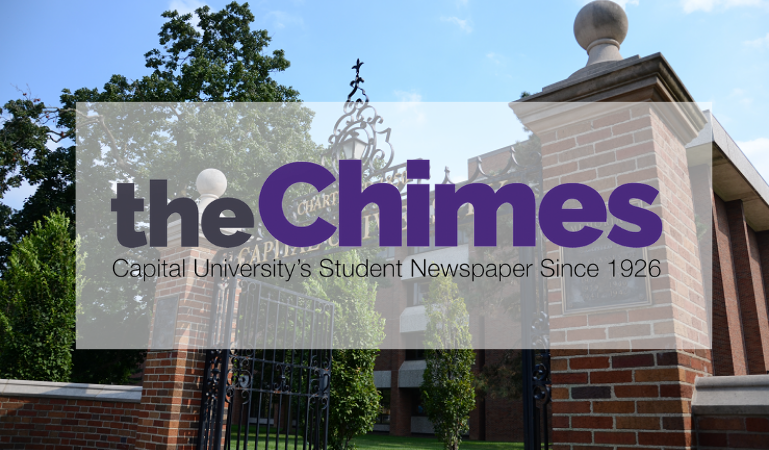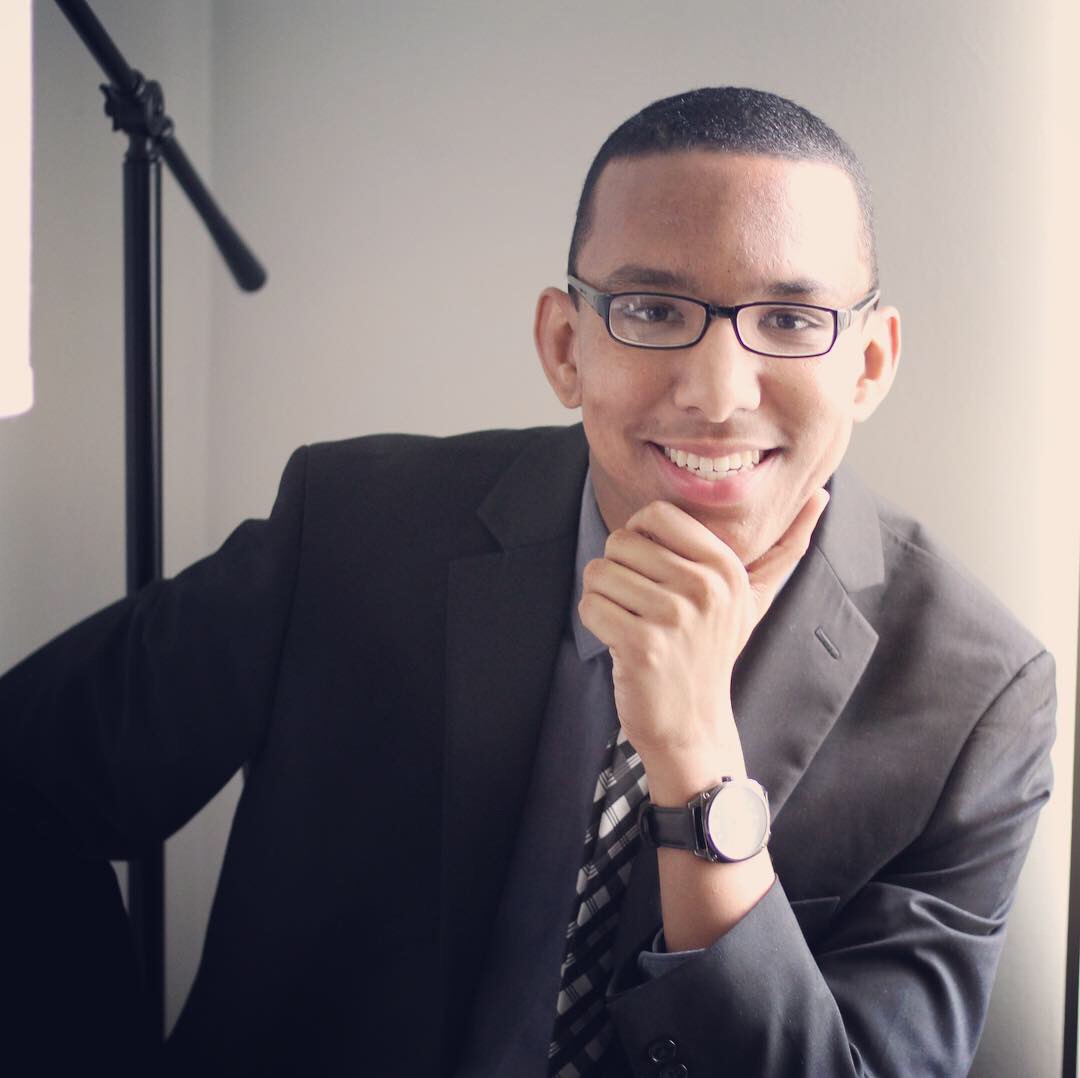In a faculty meeting on Nov. 5, Interim President Dave Kaufman introduced a new financial plan to cultivate university growth.

The COVID-19 pandemic has provided a financial challenge for universities all across the country, including Capital. Although the school is working toward stability, the numbers are not hitting the ones that it used to.
“If you look at our current business model, we expect to be about $5 million short each year, so about $24 million over five years,” Kaufman said. “So my conclusion is that we need to look at an alternative business model.”
During the meeting, Kaufman proposed a business model that he called a “strategic alliance.” Essentially, Capital would partner with other universities to share pre-existing courses with each other and help develop new ones.
This partnership could help alleviate financial strain by sharing and receiving resources from outside colleges.
Capital students could access courses that are offered at participating universities. In addition, Capital faculty would be shared among the universities, so non-Capital students would be able to enjoy courses that are provided here.
This is in hopes of drawing new students in with opportunities for enjoying a diverse selection of coursework that is hard to find at just one college. By partnering and sharing resources with other universities, tuition rates could be affected, too.
“That could result in lower tuition,” Kaufman said. “So if you think about it, it’s a more cost-effective offering for students with broader options.”
While this plan is currently in draft form, the small details and logistics have not been conceptualized. Kaufman elaborated that this is not the first time that he organized a business model such as this one. He previously experienced these strategies while working with Encova and the rest of the insurance world.
During the summer, Capital eliminated a total of 69 staff positions from various campus departments. They were also put on a hiring-hold. By staying frugal and maintaining finances, the university will be relatively stable in time.
Granted, this in turn has caused a challenge for investing in educational resources, facility projects, and the amount of course offerings.
Bill Mea, CFO of Capital University, put together a five-year financial projection based on the scenario that Capital’s business model would remain as is.

His projection revealed that while the university could reach a stable position, it would be impossible to bolster growth and investment into the campus without settling on a new strategy.
“If you project that out, we’re okay. We can kind of balance the budget and stay as is, but if we really fill the gaps and invest in our facilities like we want to, there’s a pretty significant financial gap that comes out.”
At this time, the strategic alliance model is still under review and consideration. The Chimes will continue to cover this.


